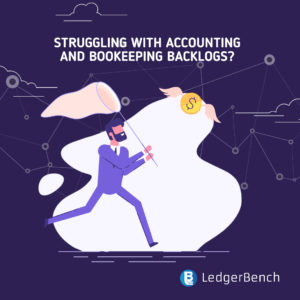
Common Balance sheet mistakes and how to avoid them
Recording financial transactions are the top priority for all businesses. While every financial document has its own importance, a Balance sheet is one that defines the financial health of a business entity at a given point in time. The balance sheet of business contains enough financial data of an organisation to determine the growth of the company as well as predict its future expansion plans.
However, accounting mistakes can lead to discrepancies in the balance sheet that can prove to be costly for businesses. Here we will be discussing some common balance sheet mistakes that even professional Accountants and Bookkeepers can make and to avoid them.
Avoiding Balance Sheet mistakes:
Before we hop on to the discussion straight away, here’s a basic understanding of the formula that a Balance sheet operates upon and how each entity contributes:
Assets=Liabilities+Shareholders’ Equity
- Assets – Anything that the business owns and has monetary value
- Liabilities – It includes the debts a company owes to others
- Shareholder’s Capital or Equity- This includes the total amount invested by the Shareholders
You May Also Read – What is Business Continuity Plan?
Common mistakes:
-
Omitting transactions
It is a common balance sheet mistake to miss out on recording transactions like personal expenses, inventory, or any other financial transaction. Even professionals can face this situation where a transaction just slips out of their mind.
-
Recording transactions incorrectly
Mistakes are inevitable and a core part of human nature. Many times, business owners and accountants can be in a spot where they unknowingly record a transaction wrong. Don’t worry you aren’t suffering from Dyslexia if you record 71 as 17. It is a common transposition error and can be rectified easily if you double-check the balance sheet. This is why many business owners prefer cross-checking the entries of their bookkeepers.
-
Missing out on recording inventory changes
Have you forgotten to record inventory changes?
Take it easy, it’s a common balance sheet mistake. At times even the easiest tasks are prone to mistakes. Make sure that you are doing your books on a regular basis since too much work can make Jack a dull boy and he can make such mistakes.
-
Classifying data incorrectly
As discussed earlier, the Balance sheet works on 3 primary entities(assets, liabilities, and equity). Inaccurately classifying your transactions can disrupt the balance sheet formula that it works on and can result in major errors. However, this is one mistake that professionals won’t make generally but in any case, the proper classification of business transactions is imperative to avoid such errors.
Business owners who do their books on their own should re-verify the classification of their transactions with an accountant.
How to avoid balance sheet mistakes
The above-discussed mistakes are pretty common and can create data irregularities within the balance sheet. Here’s how you can avoid them:
- Conduct a trial balance before creating your balance sheet
- Review and update balance sheet transactions regularly and double-check them for common errors discussed above
- Keep your financial documents well-organized to avoid any hassle
- It is always advisable to seek professional help
Summing Up:
From obtaining a business loan to better understand your business performance and liquidity position, a balance sheet is a crucial business asset and its importance shouldn’t be overlooked.
Hire a Professional Bookkeeper of LedgerBench and let the professionals do their job while you do the job you’re best at!!

